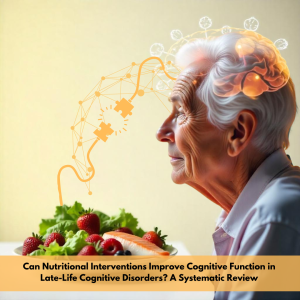Level of Evidence: How Strong Is the Science?
This study was based on:
- 32 randomized controlled trials (RCTs)→ Level 1B (high quality individual RCTs)
- Systematic review of RCTs→ Level 1A (most highly recognized level of evidence)
As strong as systematic reviews of RCTs are, the study notes shortcomings, especially with population size and direct cognitive improvement for some interventions.






